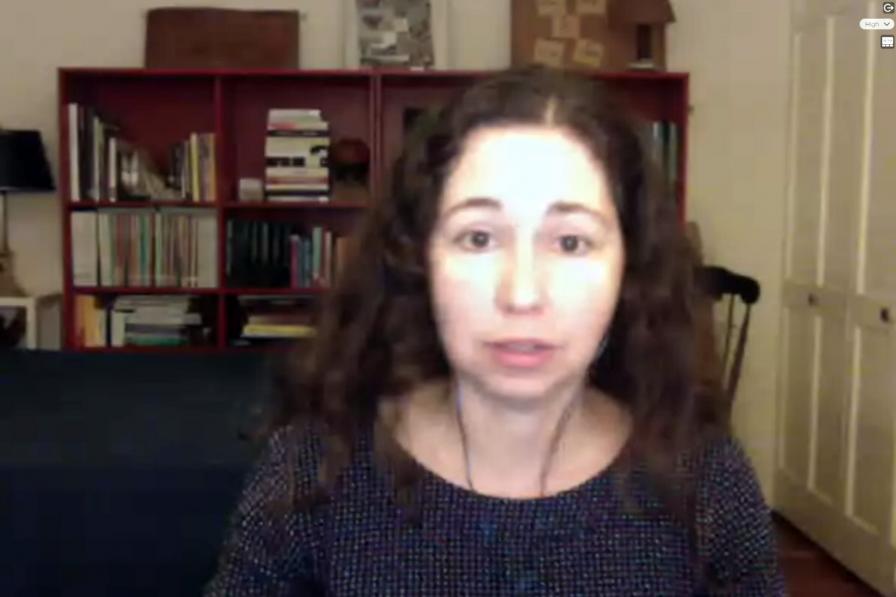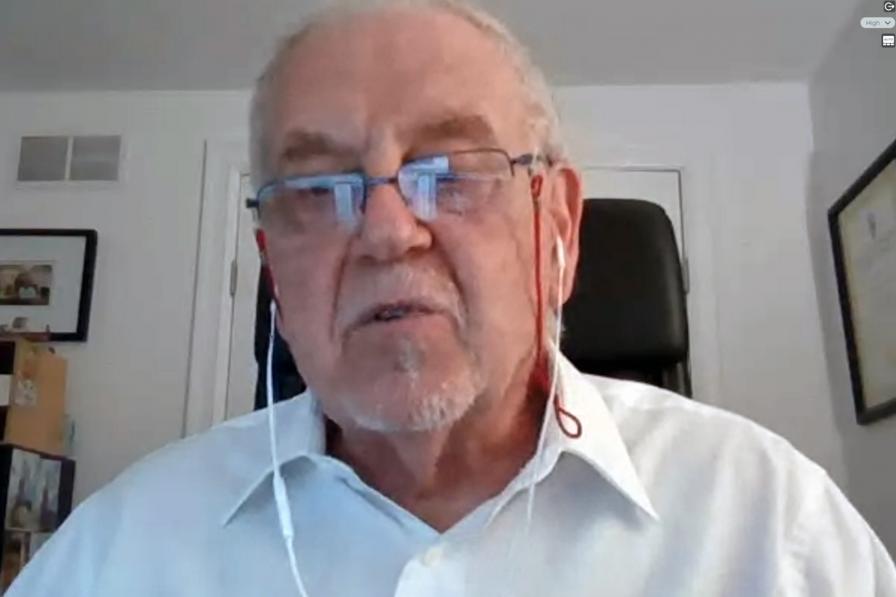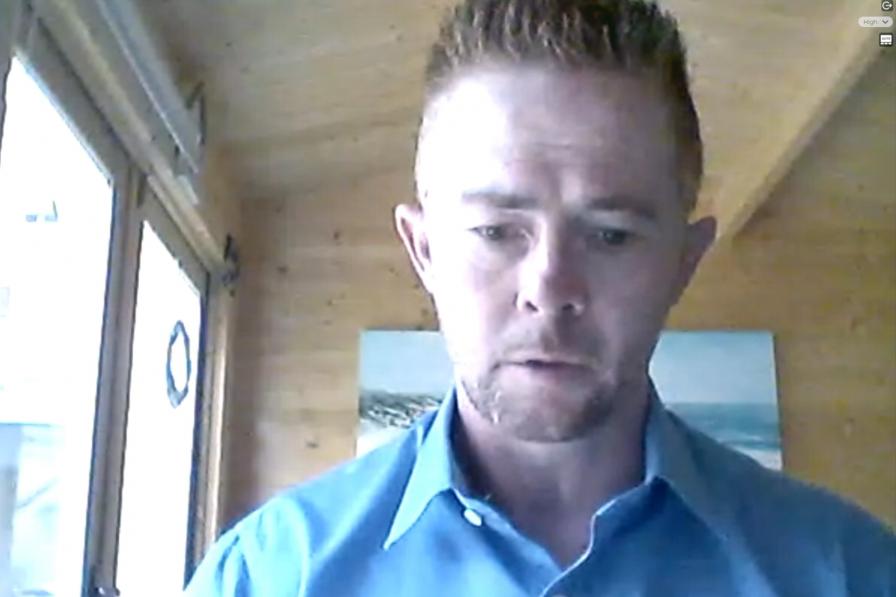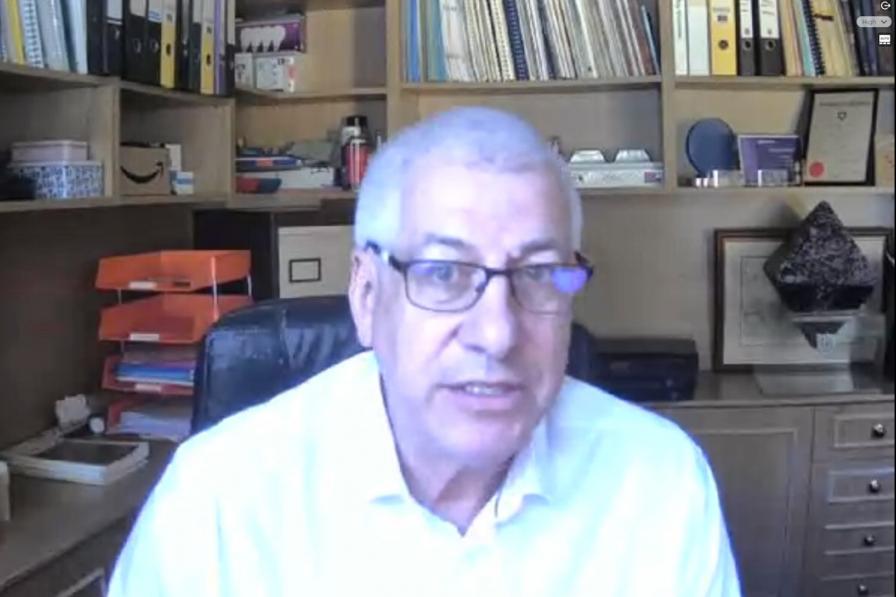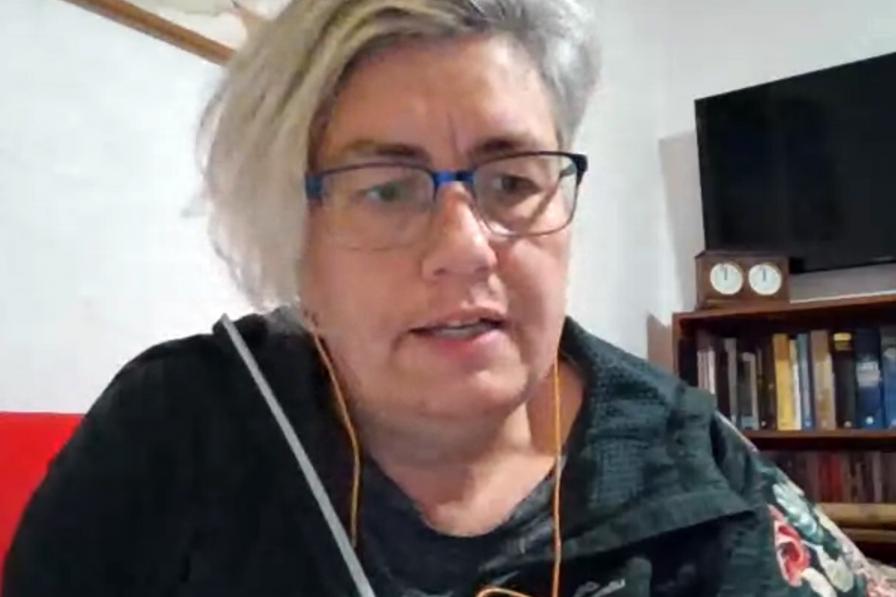UN Secretary-General António Guterres addressed the UN Security Council in February 2021 stating, “The climate emergency is the defining issue of our time.” These remarks provided the framing for the 43rd meeting of the Open-ended Working Group of the Parties to the Montreal Protocol’s (OEWG 43) technical discussions on energy efficiency, held on Friday, 16 July.
Ozone Executive Secretary Megumi Seki stated climate mitigation was a co-benefit of adopting the Kigali Amendment to phase-down hydrofluorocarbons (HFCs), as well as the agreement of phase-out hydrochlorofluorocarbons (HCFCs). She said energy efficiency is becoming increasingly important as demand for refrigeration and air conditioning is soaring and now accounts for approximately 25% of energy usage. She said they expect this demand to continue to climb as extreme weather events become more common, and expressed the hope that these discussions could serve as the basis for taking the energy efficiency agenda forward at the next Meeting of the Parties.
Messages from the Technology and Economic Assessment Panel (TEAP) Energy Efficiency Task Force’s presentation included:
- Adopting the best energy efficient technologies could reduce energy demands by 20%;
- It is possible to leapfrog from HCFCs directly to lower-global-warming-potential (GWP) options whilst maintaining or enhancing energy efficiency;
- Coordinating energy efficiency with HCFC phase-out and HFC phase-down enables industry to explore synergies in redesigning equipment;
- Safety barriers for energy efficient lower-GWP options still remain; and,
- Access to more energy efficient, lower-GWP products is improving, but remains limited for Article 5 parties.
During the discussion, parties deliberated on:
- How the Montreal Protocol can support an economic green recovery, including by creating supporting regulatory and policy environments;
- Barriers to leapfrogging, such as a lack of regulatory policies and market signals;
- Data collection on a regular basis to improve modelling;
- The importance of considering socio-economic factors in modelling scenarios; and
- Encouraging early action in phasing down HFCs using the right regulatory policies.

